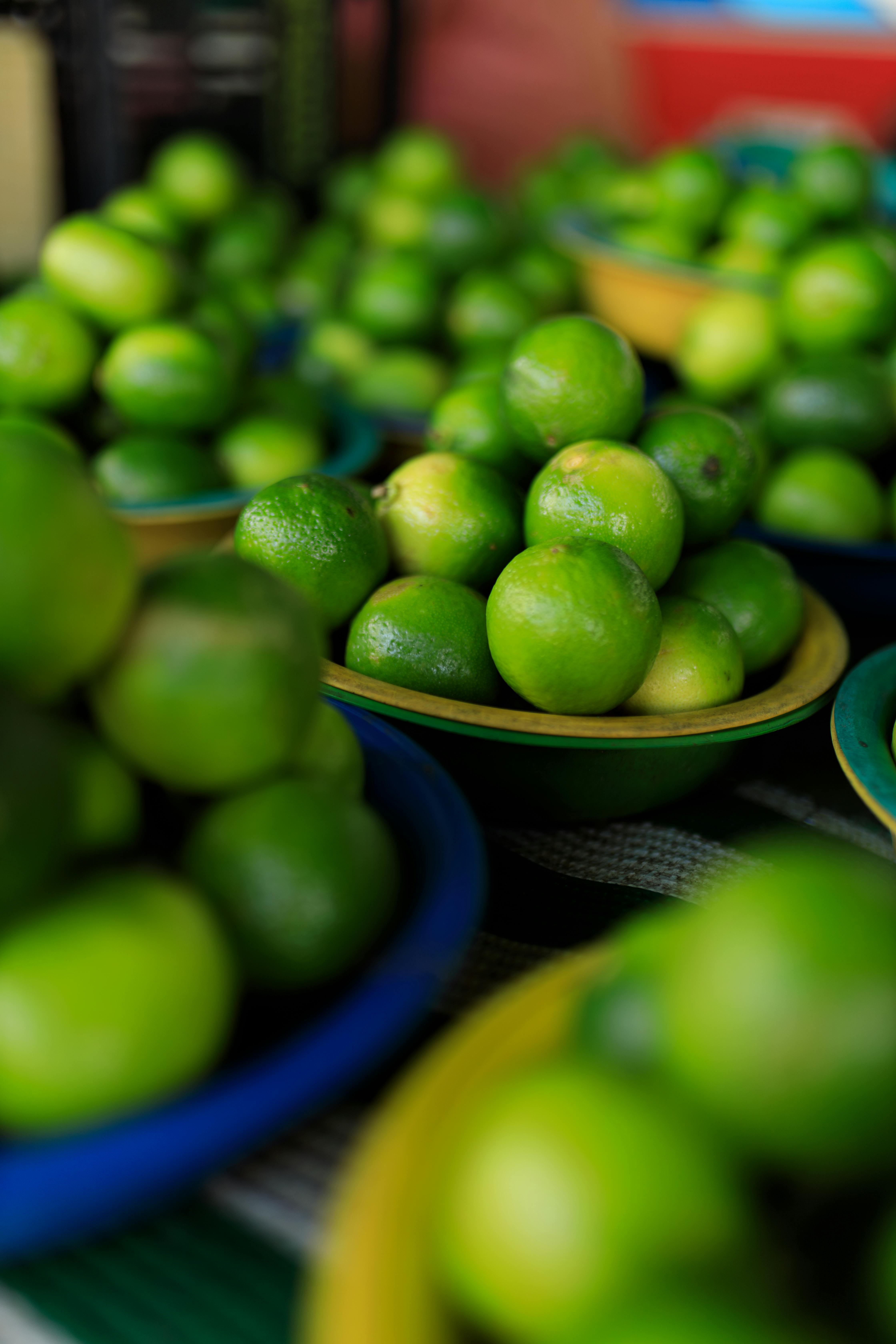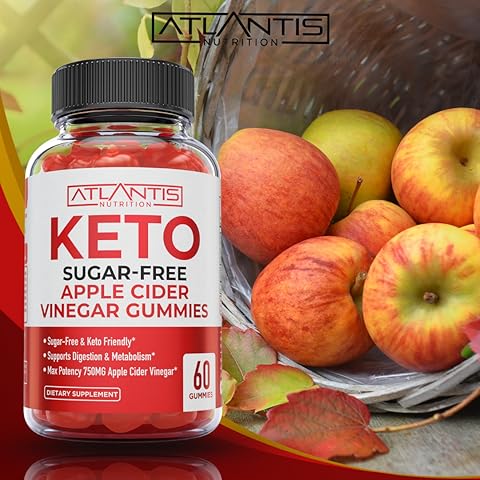
Effective Ways to Prepare Fresh Octopus for Delicious Meals in 2025
Preparing fresh octopus for delightful culinary creations is an art that requires understanding the octopus itself, particularly its diet, feeding behaviors, and nutritional needs. Given its rich flavor and unique texture, octopus has become a favorite in many kitchens worldwide. This article will explore effective methods to prepare fresh octopus, focusing on its dietary consumption, feeding habits, and the best culinary techniques to ensure a delicious meal. Expect insights into what octopuses eat, their preferred food sources, and best practices for cooking this delectable marine creature.
Octopuses are complex creatures with a specialized diet that affects their flavor and texture. Understanding their feeding habits—such as the types of prey they prefer, their foraging strategies, and seasonal variations in their diet—can help in preparing octopus dishes that truly showcase the ingredient. In this guide, we will delve into the various aspects of octopus preparation, covering cooking techniques, marinating ideas, and serving suggestions. Prepare to become an octopus culinary expert!
Key takeaways from this article include how to choose the right octopus, the best cooking methods, and tips for enhancing its natural flavors. By the end of your reading, you'll be equipped with the knowledge on how to prepare octopus in a way that highlights its rich marine flavors, ensuring that every meal is not only delicious but also respects this extraordinary creature.
Selecting the Right Octopus for Culinary Use
To create a memorable octopus dish, the first step is selecting the right octopus. With variations in types, sizes, and habitats, it's essential to know what to look for when buying fresh octopus. Generally, octopuses can be categorized by their habitat and diet, impacting their taste and texture. Wild-caught octopuses offer distinct flavors compared to aquaculture-bred varieties. Research has shown that smaller octopuses, particularly those that feed on crustaceans and mollusks, provide a tender and flavorful culinary experience.
Understanding Species and Their Attributes
Different species of octopus have unique characteristics that affect their cooking outcomes. Giant Pacific octopus, for instance, tends to have a firmer texture and is best for grilling, while species like the common octopus are more suitable for stewing. Knowing these attributes aids in selecting the right type for your dish. Nutrition-wise, all octopuses provide a high-protein, low-fat option, but their flavor can vary significantly based on what they consume in their marine environment.
Freshness Indicators
When shopping for octopus, freshness is crucial. Look for octopus with a vibrant color, shiny skin, and a mild ocean scent. Avoid any with a strong fishy odor or slimy texture, as these indicate spoilage. Checking for clear and shiny eyes can also be a sign that the octopus is fresh. The ideal octopus should be firm to the touch and have intact, clean suckers. Scavenging behaviors, commonly seen in octopuses, can sometimes affect the quality of the meat if they have fed on less suitable prey.
Sustainable and Ethical Sourcing
As the demand for octopus rises, sustainable fishing practices have become increasingly important to prevent overfishing. Choose octopuses sourced from sustainable fisheries or farms that prioritize ecological balance, thus preserving marine ecosystems. Awareness of the environmental impact of seafood choices ensures that you enjoy your octopus while contributing to a healthier ocean food web.
Essential Cooking Techniques for Octopus
Once you've selected fresh octopus, knowing how to prepare it correctly is vital in enhancing its natural flavor and tenderness. There are various methods to cook octopus, each yielding different textures and flavors. This section will discuss effective cooking techniques, such as boiling, grilling, and roasting, and how to maximize the culinary potential of octopus.
Boiling for Tenderness
Boiling octopus is a tried-and-true method to ensure tenderness. Start by bringing a large pot of salted water to a boil. To avoid rubbery texture, it’s critical to not overcook the octopus. A common technique is to briefly dip the octopus into boiling water three times before submerging it fully. This method tightens the skin, helping retain the moisture within, ultimately yielding a tender meal.
Grilling for Flavor
Grilling is another popular way to prepare octopus, imparting a delightful smoky flavor. Before grilling, marinating the octopus enhances its taste. Utilize olive oil, lemon juice, garlic, and herbs in your marinade for a refreshing flavor profile. After marinating, grill the octopus on medium heat for 3-4 minutes per side until charred and crispy. This method not only provides a delightful texture but also a visually appealing presentation.
Coating and Roasting
Roasting octopus adds a unique depth of flavor through caramelization. After boiling or grilling, quickly coat the octopus in your choice of seasoning and roast it in the oven at high heat. Techniques involving the use of chimichurri or herb-forward sauces post-roasting can magnify the dish’s overall flavor. This preparation retains moisture while delivering a contrasting earthy crunch.
Enhancing Flavor with Marinades and Sauces
Marinades and sauces play a significant role in octopus dishes by enhancing flavor and moisture retention. A good marinade can significantly impact the overall experience, offering depth and complexity to the dish. This section outlines the best practices for marinating and serving octopus to elevate the meal experience.
Essential Marinade Ingredients
Select ingredients that complement the natural sweetness of octopus. Components such as citrus, fresh herbs, garlic, and spices form the foundation of a good marinade. Typical choices include lemon, oregano, olive oil, and smoked paprika. This combination provides a balance of acidity and richness essential for tenderizing the octopus while enhancing its flavor.
Serving Suggestions
When serving octopus, consider accompanying it with sides that highlight its flavor. Ingredients such as caramelized vegetables, potato salad, or fresh salads made with seasonal ingredients complement octopus beautifully. Additionally, sauces like aioli or yogurt-based dips can enhance the flavors while providing a refreshing contrast.
Pairing with Wines or Beverages
Pairing beverages with octopus meals can enhance the dining experience. Light, crisp white wines like Sauvignon Blanc or Vermentino complement the dish exceptionally well. Meanwhile, lighter ales or cocktails with citrus notes can also balance the flavors beautifully, creating a harmonious dinner experience.

Understanding Octopus Feeding Habits
Knowledge about the feeding habits of octopuses not only enriches your culinary preparations but also offers insights into their ecology. It is interesting to note how these marine creatures hunt for their prey and the types of food they prefer. This section explores the feeding behavior of octopuses, highlighting the types of foods they hunt in their natural habitat.
Natural Diet of Octopus in the Wild
Understanding what octopuses eat in the wild provides valuable context. Their diet primarily consists of crustaceans, small fish, and mollusks. Observations show that octopuses are adept hunters, using their intelligence and physical adaptations to catch prey efficiently. This includes using their dexterity and cryptic color changes to blend into their surroundings while hunting. Knowledge of their diet encourages cooks to incorporate similar types of seafood into recipes that contain octopus.
Octopus as Predators and Prey
Octopuses exist within a complex food web. As predators, they have few natural enemies, but their young are preyed upon by fishes and other marine animals. Understanding their role as both predator and prey in the marine ecosystem informs responsible sourcing practices, such as making sure to choose sustainable options when purchasing octopus for consumption.
Environmental Effects on Feeding Habits
Octopus feeding behavior can be influenced by environmental changes like pollution or temperature fluctuations. Studies have shown that these changes may affect the availability of prey, which, in turn, can impact octopus populations. Awareness of these factors helps chefs and home cooks understand the importance of sustainable practices, ensuring that the delicious meals prepared do not contribute to ecological degradation.

Tips for Cooking with Octopus in Home Kitchens
Cooking octopus may seem complex, but with the right techniques and knowledge, anyone can master the art of preparing this delicacy. Addressing common concerns and providing practical tips ensures a smooth cooking experience. We will discuss essential considerations when preparing octopus, as well as typical mistakes to avoid.
Handling and Cleaning Fresh Octopus
Proper cleaning is crucial before cooking. Rinse the octopus under cold water to remove any residual goo or ink. Some chefs recommend removing the beak and internal organs, while others suggest leaving them intact for flavor during cooking. Being mindful of hygiene and preparation techniques ensures a successful cooking process.
Avoiding Common Cooking Mistakes
Overcooking octopus is a common mistake that leads to a chewy texture. Sticking to timing guidelines based on the cooking method chosen ensures optimal tenderness. Additionally, avoiding excessive seasoning until after cooking allows the natural flavors to shine through.
Seeking Inspiration from Traditional Dishes
Integrating traditional dishes into your cooking can enhance creativity and flavor. Dishes such as Spanish pulpo a la gallega, Greek octopus salad, or Japanese sunomono offer inspiration and a chance to explore different culinary ways to enjoy octopus in your home kitchen.
By combining best practices with creativity, preparing fresh octopus can transform into a delightful culinary adventure. Understanding octopus feeding habits, dietary preferences, and cooking techniques will empower you to create exceptional meals that honor this fascinating marine creature.
Frequently Asked Questions About Octopus Preparation
What is the best way to tenderize octopus?
Boiling octopus briefly before grilling or roasting helps tenderize it effectively. Dipping it into boiling water a few times before complete immersion can be particularly helpful.
How often can I feed octopus?
Octopus should generally be fed once every few days in a home aquarium. However, the frequency can vary based on their age and activity level.
What are the most common mistakes when cooking octopus?
Overcooking is the biggest mistake, which can lead to rubbery textures. Additionally, under-seasoning can miss the opportunity to enhance its natural flavors.
With knowledge about selecting, cooking, and serving octopus, you are now ready to impress friends and family with delicious octopus meals! Embrace the culinary versatility of this remarkable creature, and enjoy the journey in your kitchen!
It’s part of generated content. Can i generate another part?